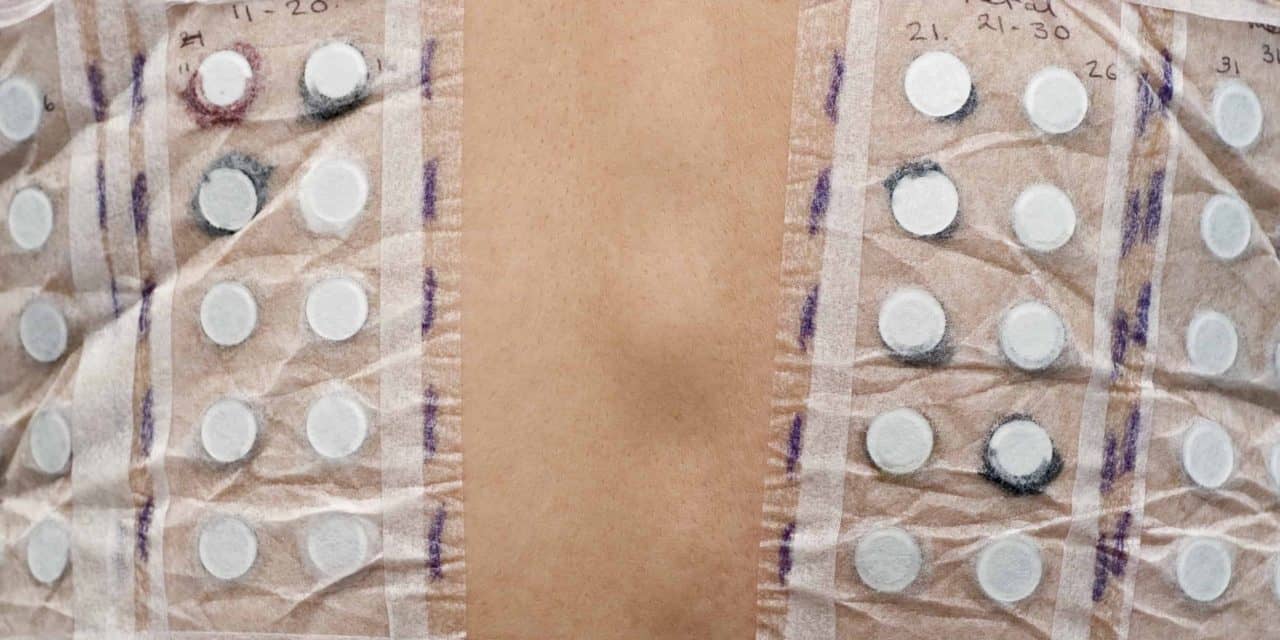The goal of this study was to see if a multi-component patient navigator (PN) intervention programme aimed to reduce obstacles to human papillomavirus (HPV) vaccination among adolescent caregivers was acceptable. Researchers wanted to know what the most essential parts of the programme were from the caregivers’ point of view, and they wanted to know whether there were any lingering obstacles to immunisation. Caregivers of children aged 9 to 17 years old were asked questions based on the Theory of Planned Behavior. They included 46 transcripts from programme participants and 11 transcripts from decliners, which were chosen at random. Transcripts were analysed using a thematic method for themes relating to HPV vaccine acceptability, significant programme components, and any issues found. The following were the major themes: motivations for making an HPV vaccination choice, beneficial programme components and ideas for enhancement, and remaining hurdles to vaccination. Those who refused immunisation said that their kid was too young or unprepared to think about sex, or that they lacked the knowledge to make an informed decision. They did, however, believe that PNs respected their decision. Participants in the programme believed that vaccination was an essential method of cancer prevention. Participants in the programme were frequently unaware of the vaccination and thought that having it explained to them was really beneficial.
According to the findings of this programme assessment, caregivers of paediatric patients, including those who rejected the HPV vaccine, liked the programme and believed it offered vital information regarding the vaccine.
Reference: https://www.tandfonline.com/doi/full/10.1080/21645515.2019.1587276


